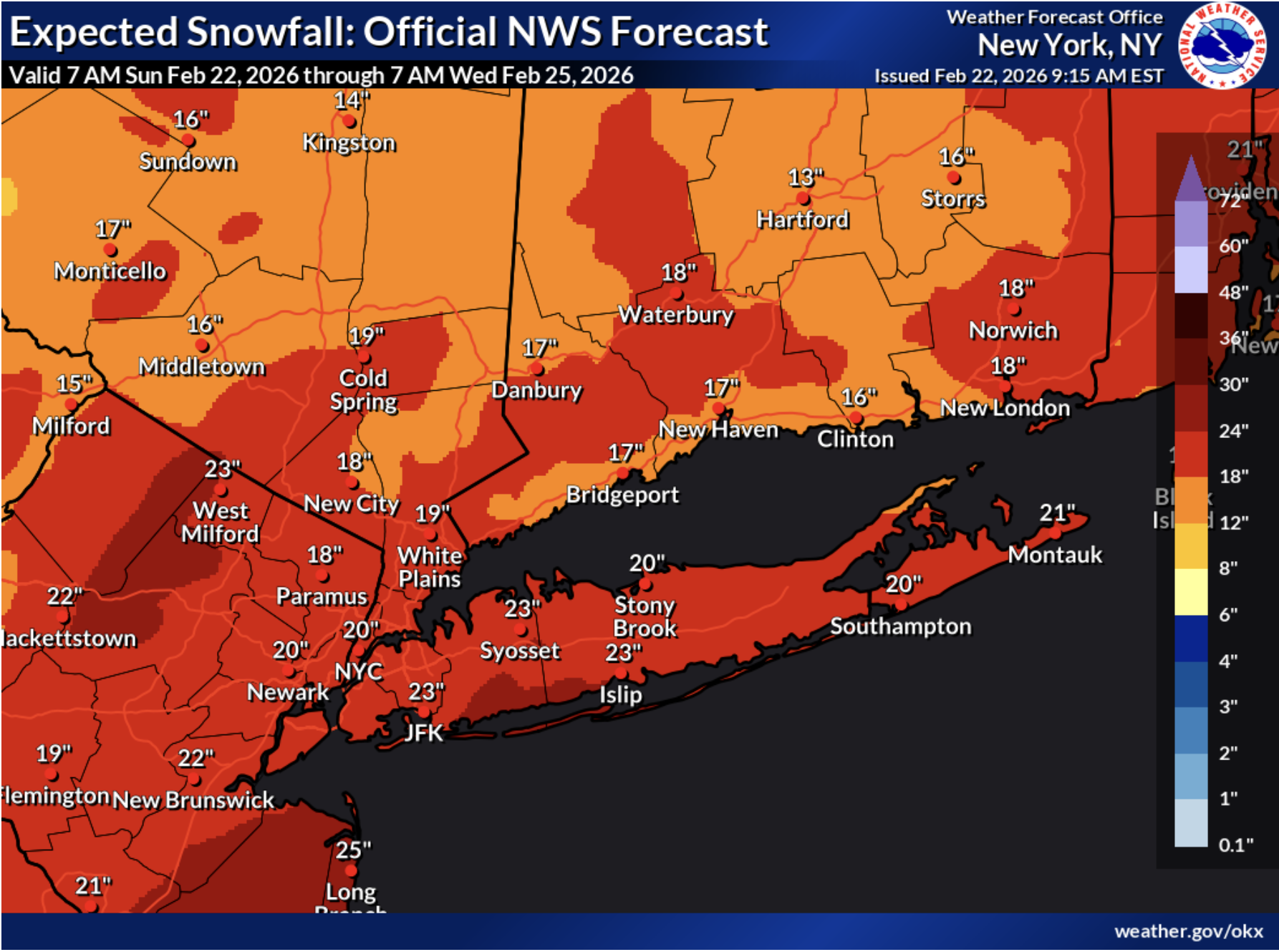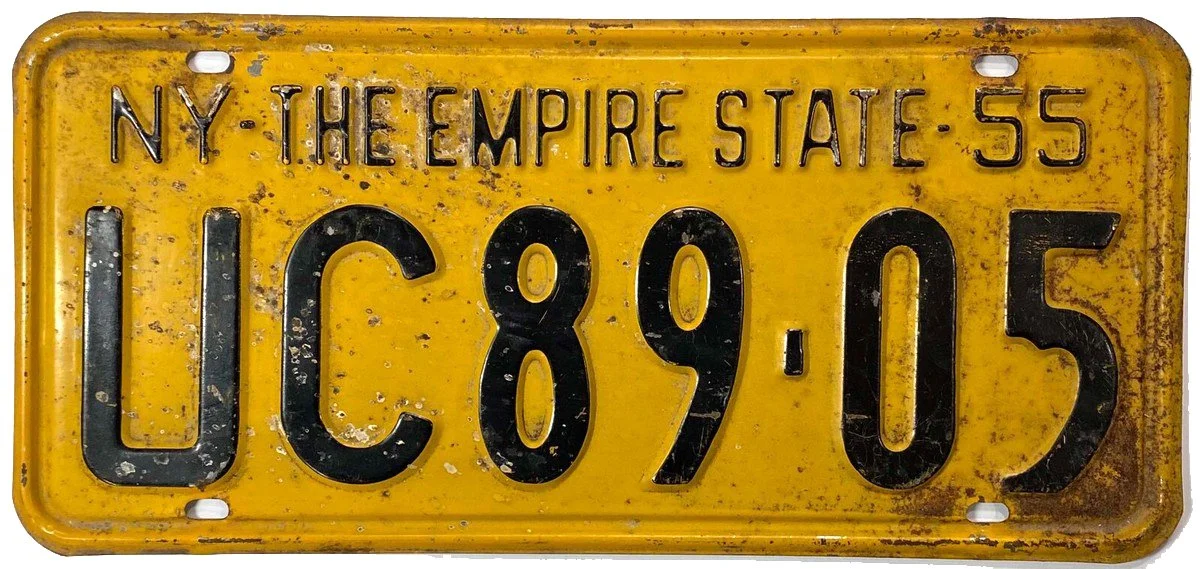Residents will need Real IDs to fly
Beginning May 7, 2025, U.S. travelers will need more than a standard state-issued license to board domestic flights and access certain federal facilities.
All airline passengers 18 years and older, including TSA PreCheck® members, must present a REAL ID-compliant identification or another acceptable ID, such as a passport, at TSA security checkpoints beginning May 7, 2025.
Passengers who present a state-issued identification that is not REAL ID compliant and who do not have another acceptable alternative (i.e., a passport) can expect to face delays, additional screening, and the possibility of not being permitted into the security checkpoint, according to the Transportation Security Administration (TSA).

The New York REAL ID driver’s license, enhanced license and identification card have a small star or a U.S. flag on them to indicate they meet these federal regulations that “establish minimum security standards.”
To get the REAL ID compliant license, New York residents will need to visit their local New York Department of Motor Vehicles office in person and bring certain documents to prove U.S. citizenship and New York residency. Required documents include one proof of identity (passport or U.S. birth certificate), proof of legal presence for non-U.S. citizens, two proofs of New York residency, proof of social security number and a current driver’s license if you are applying to exchange one issued by another U.S. state.
For more information and details about how to obtain a REAL ID-compliant driver’s license or identification card in New York visit https://dmv.ny.gov/driver-license/enhanced-or-real-id.
According to the New York State DMV, a REAL ID is optional and is not needed for the following:
Being licensed to drive
Voting or registering to vote
Entering Federal facilities that do not require a person to present identification
Applying for or receiving Federal benefits
Accessing health or life-preserving services (including hospitals and health clinics), law enforcement, or constitutionally protected activities (including a defendant’s access to court proceedings)
Participating in law enforcement proceedings or investigations
Advertisement:


































